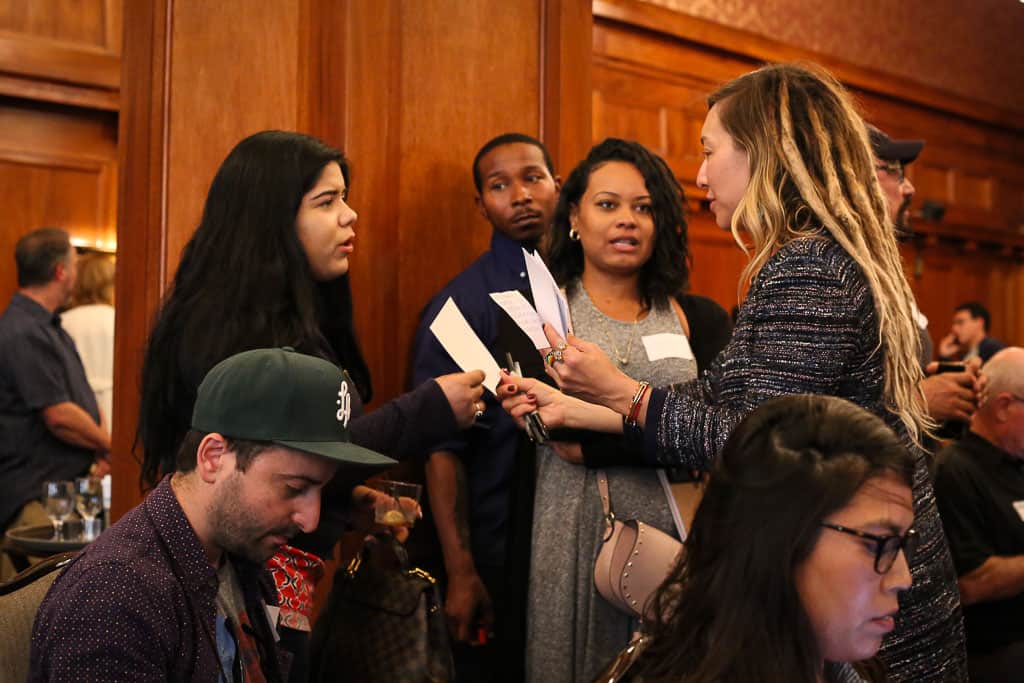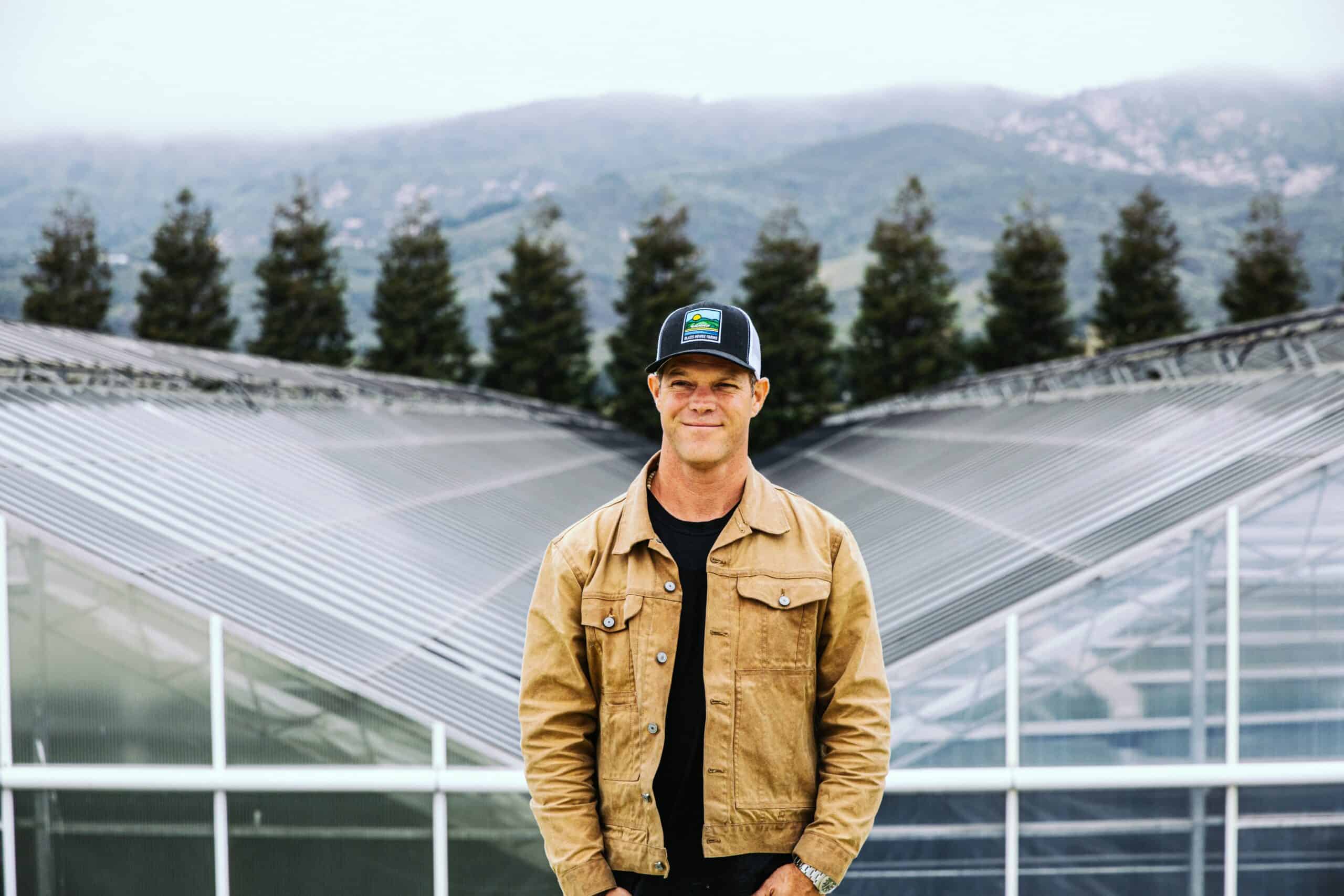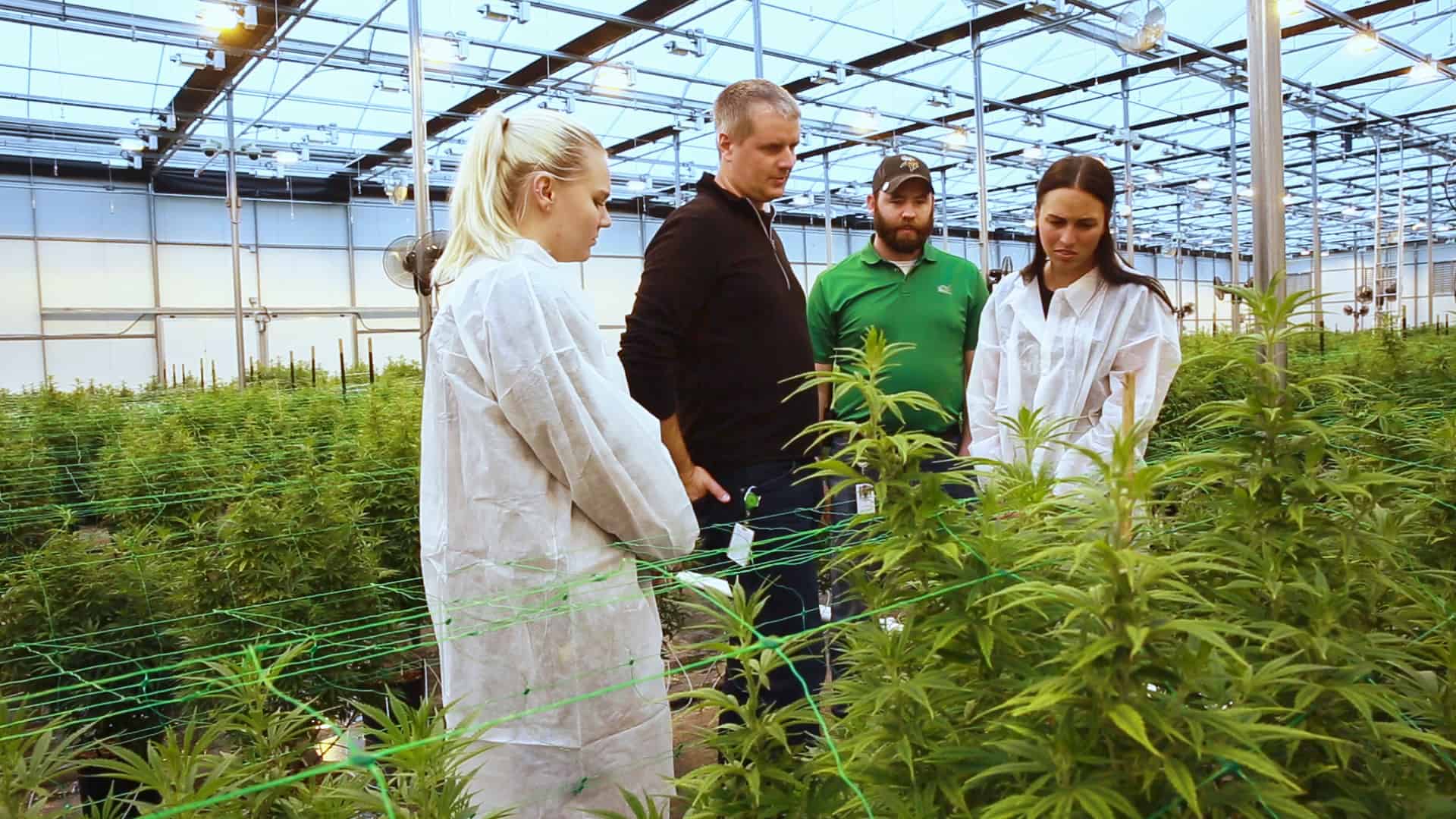Cannabis 50: Doing Good

Opportunities in cannabis, hemp, and CBD were forged by pioneers and the drive to
build a better world remains a core purpose. In 2019, non-profits, businesses and others made steady progress across a range of social, business, and health issues.
The Cannabis 50 praises some of the leaders and organizations working to shape an
industry, and a society, where medicine is safe and accessible, minority communities have a path to participation, and the environment is in good hands.
Cannabis 50 Honorees...
For empowering the medical cannabis community
Americans for Safe Access
Non-Profit, DC
One of the largest member-based cannabis advocacy organizations, Americans for Safe Access (ASA) organizes and empowers a community of patients, medical professionals, scientists, and advocates in support of safe and legal access to medicinal cannabis. In 2019, as the vaping health crisis rose to national prominence, the ASA publically urged regulators to raise manufacturing and testing standards and provided valuable updates and guidance for medicinal patients. The group also launched the industry-first “Medical Cannabis Patient’s Guide for U.S. Travel.”
For being a leader in cannabis law, advocacy and social justice
Ariel Clark
Co-Founder and Partner of Clark Neubert LLP, CA
Ariel Clark brings a trail-blazing spirit to legal, social justice, and tribal rights causes. Her cannabis-focused firm. Clark Neubert LLP. empowers responsible growth and business practices through operational, transactional and regulatory
guidance. Clark and her partners help shape cannabis and hemp policy via leadership positions on key industry panels and associations. And Clark personally pushes the industry forward by providing mentorship and microcommunity
support for Native American law students, female entrepreneurs, and organizations like CalNORML and Chacruna.

"2019 was plagued by hold-over prohibitionist attitudes, public health problems, regulatory hurdles, high taxes, and unexpected lay-offs and market drops. That presents opportunity for us in 2020; to face these issues head-on, do the hard
work, and create needed and lasting change."
- Ariel Clark, Co-Founder and Partner at Clark Neubert LLP
For a focus on innovative social programs
Bloom Farms
Cultivator, CA
In addition to growing safe and sustainably farmed products, Bloom Farms is committed to making an impact for those in need. In an effort to address widespread hunger issues, the company has pledged to donate one meal to “a foodinsecure family or individual in need” for every one of their products sold. To date, over two million meals have been donated—and counting. Additionally, Bloom Farms encourages its staff to be volunteers and seeks out projects in the community to continue their effort of helping others.
For making social equity a core value
Eaze
Technology Platform, CA
After bringing in former Weed for Good founder, Jennifer Luzan to serve as Director of Social Impact, Eaze took strides forward to make support for social equity causes a fundamental aspect of operations. In a partnership with Ultranative and Bail Capital, Eaze launched Momentum, a business accelerator for underrepresented cannabis founders that will provide 10 participants with a $50,000 grant and a ten-week education program. Additionally, Eaze added three social equity companies to the brands they carry, giving consumers greater freedom in supporting causes through their purchasing behavior.
For leading the way in environmentally sustainable practices
Glass House Farms
Cultivator, CA
This cultivator has been a pioneer of sustainable, environmentally-friendly practices since launch. They’ve innovated water reclamation practices that utilize medicalgrade filters and minimize waste and energy expenditure. They are nearly pesticide free, relying on an Integrated Pest Management approach. They’ve also made progress in community relations, proactively implementing light and odor controls and opening the first adult-use dispensary in Santa Barbara. In 2019, they launched an ambitious hemp cultivation research program in collaboration with water developer Cadiz, testing the viability of industrial hemp production in an open-air Mojave Desert environment.

"We are all people in the self-contained system that is this planet. It’s simply the right thing to do. I have a personal commitment to running a good business in a way that doesn’t ruin the planet for our kids."
- Graham Farrar, Founder of Glass House Farms
For creating program supporting the formerly incarcerated
Harvest Health and Recreation
Multi-State Operator, AZ
In 2019 Harvest Health announced an industry-first collaboration with non-profit Last Prisoner Project. The “Prison to Prosperity” project aims to reverse patterns of recidivism for former prisoners convicted of cannabis-related crimes. The program provides training opportunities and educational programs for former prisoners, aiming to reduce barriers to entering the cannabis industry, and ultimately place candidates at careers within the Harvest operational network. The program launches with a pilot program in conjunction with reentry organizations in California, and intends to expand nationally at a later date.
For being a leader in cannabis policy and lobbying
NORML
Non-Profit, DC
The National Organization for the Reform of MarijuanaLaws (NORML) is one of the longest running and most influential cannabis advocacy organizations. In 2019, NORML continued to support the tide of legalization with lobbying efforts at both the state and federal levels, including championing the MORE Act, which made historic progress in the House of Representatives. With over 165 chapters across the U.S., they are leaders in leading grassroots efforts to decriminalize cannabis and expunge conviction records. With the 2020 election looming, expect NORML to mobilize and make an even great impact in the coming year.
For leading social equity and access efforts
Minority Cannabis Business Association
Non-Profit, NY
The Minority Cannabis Business Association (MCBA) works to make cannabis more equitable and accessible for communities unjustly impacted by the War on Drugs. The MCBA enables change through policy advocacy, education, and support for a network of cannabis businesses, resources, and investors. In 2019, the MCBA took their events to the next level with the Opportunity Summit, a collaboration with the University of Denver and Hoban Law Group, which provided entrepreneurial education and resources, and the Tri-State Equity in Cannabis Summit, focused on a unified push for social equity programs in New York, New Jersey, and Connecticut.
For taking a progressive stance toward labor agreements
Vireo Health
Multi-State Operator, MN
In October, medical cannabis company Vireo Health agreed to the first vertically integrated medical cannabis labor agreement in Pennsylvania. The deal, between Vireo’s Pennsylvania Medical Solutions subsidiary and the United Food and Commercial Workers (UFCW) Local 1776,includes affordable health care options, yearly wage increases, and a retirement plan funded by Vireo. The deal also provides many protections for employees, such as extensive safety measures as well as shelter from discrimination. Vireo Health has penned agreements with unions in other markets, making them industry leaders in workers’ rights.

"From an economic development perspective, we’ve deliberately chosen to locate our cultivation and processing facilities in areas that have previously lost manufacturing jobs – such as Scranton, Pennsylvania, Fulton County, New York and Akron, Ohio – so that we can help create much needed new middle-class jobs and positively impact the local economies in which we operate."
- Dr. Kyle Kingsley, Founder and CEO of Vireo Health
For advocating for hemp in tribal communities
Winona LaDuke
Executive Director of Winona’s Hemp and Heritage Farm, MN
A well-known environmental and tribal rights activist, Winona LaDuke has turned her attention toward the economic and sustainable potential of hemp, and its power to sustain a “post-petroleum” economy. Through non-profits and her own farm, LaDuke provides education on hemp’s numerous industrial applications and minimal environmental impact. She also promotes hemp cultivation as a path to economic autonomy and empowerment for tribal nations. She is leading the way with her own farm, which has grown hemp for several seasons, and she has plans to launch a hemp mill in the near future.